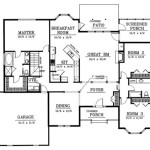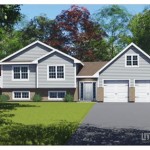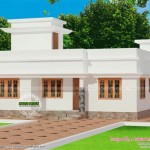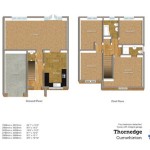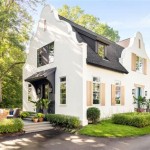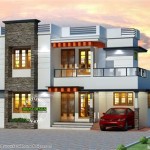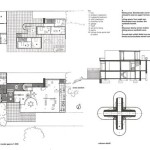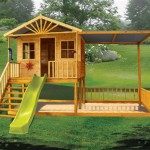Essential Aspects of Medieval Castle Floor Plans
Medieval castles were imposing structures that played a vital role in the defense and administration of their territories. Their intricate floor plans reflected the complex needs of their inhabitants and provided insights into the social, military, and economic aspects of medieval society.
The primary purpose of medieval castles was defense. The floor plans often incorporated layers of fortifications, including moats, drawbridges, and multiple towers, to deter and repel attackers. The keeps, or central towers, served as the last line of defense and provided refuge for the lord and his family in case of a siege.
The residential areas of medieval castles were typically located within the inner courtyard, protected by the keep and other fortifications. The lord's chambers were often on the upper floors, offering a commanding view of the surroundings. The kitchens, pantries, and other service areas were usually located on the lower floors.
Great halls played a central role in medieval castle life. These large, open spaces were used for dining, entertaining, and holding court. They were often located on the ground floor and featured high ceilings and large fireplaces to accommodate large gatherings.
Chapels were an important aspect of medieval castles, reflecting the religious beliefs and practices of the time. They were often located within the inner courtyard or adjacent to the lord's chambers, providing convenient access for worship and ecclesiastical ceremonies.
Storage and economic activities were also important considerations in medieval castle floor plans. Granaries, storehouses, and workshops were located throughout the castle to support the needs of its inhabitants and the surrounding community. The castle's stables and armories provided space for the horses and weapons essential for warfare and transportation.
The design and layout of medieval castle floor plans varied depending on the size, wealth, and strategic importance of the castle. However, they all shared common features that reflected the needs of their inhabitants and the complex social and military environment of the medieval period.

Medieval Castle Layout The Diffe Rooms And Areas Of A Typical Exploring Castles

Castle Floorplans Floor Plan Ashby In Northants England Layout How To

A Small Selection Of Medieval Castle Layouts Album On Imgur Planejamento De Produção Floor Plan Castelo Moderno

Unique Castle Of Your Own 44118td Architectural Designs House Plans

3d Plans For Skipton Medieval Stone Keep Castle

Medieval Castle Layout Historic European Castles

Great Castles Bodiam Castle Floor Plan

Medieval And Middle Ages History Timelines Parts A Castle

The Parts Of A Castle What Did Medieval Layouts Look Like Revisiting History
European Flair Castle House Plans Houseplans Blog Com

